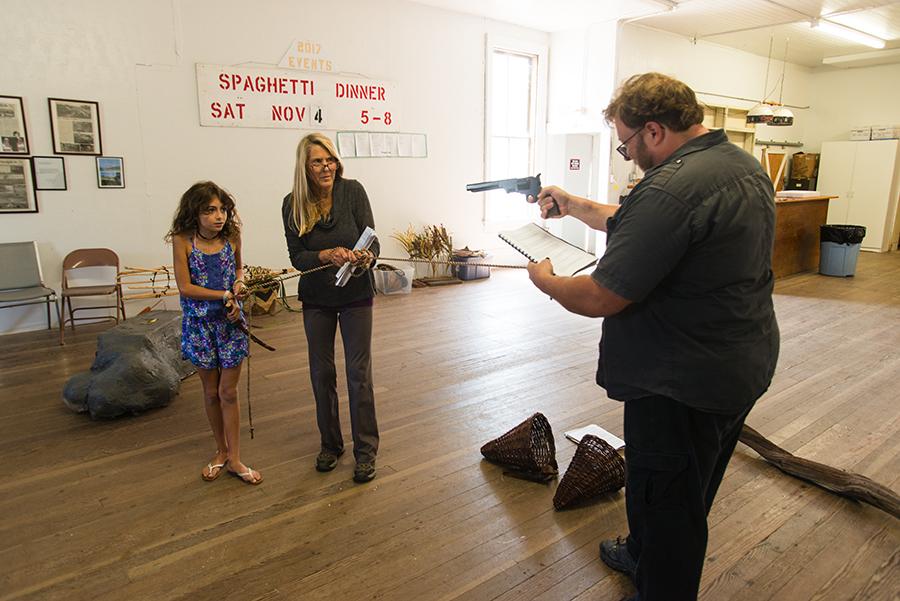The scene begins with a casual conversation between grandfather and grandson. They talk about high school football practice and an upcoming dance, but they . . .
West County woman brings Miwok story to stage


The scene begins with a casual conversation between grandfather and grandson. They talk about high school football practice and an upcoming dance, but they . . .